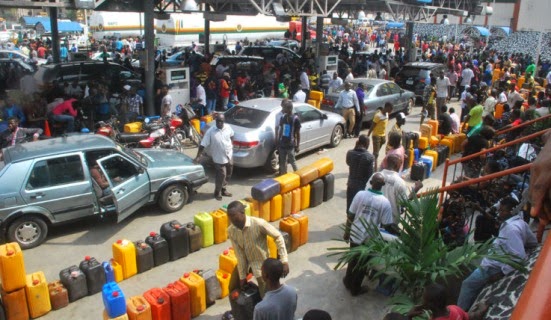
Swiss commodity traders, under the aegis of African Refiners Association (ARA) yesterday accused Nigeria’s Federal Government and the governments of other African countries for the shipment of toxic, poisonous and dirty fuels to West Africa.
Responding to a report by Public Eye, the association said African governments are to blame for failing to invest in refineries and newer vehicles to lower exhaust emissions causing respiratory and other diseases.
With Nigeria, for example, allowing up to 3,000 parts per million (ppm) of sulfur in petrol, the Geneva-based ARA said, “What is very clear is that the role of improving fuel quality in Africa clearly rests with African governments, not with the fuel suppliers.”
It also noted the important roles played by oil traders in driving the economies of Africa, which imports more than 50 per cent of the fuel consumed on the continent.
“If Swiss traders followed the report recommendation today, their role would be filled by traders from other nations who would simply supply the quality required to meet the official specifications. The result would be that nothing would change in Africa,” it said.
However, reacting to the marketers’ claim, Public Eye, formerly called The Berne Declaration, called on African countries to set stricter standards for fuels imported into their countries.
It said, “African governments should set stricter standards, international donors should invest in desulfurizing technologies and trading companies should stop bringing in high-sulfurous fuels.”
Public Eye noted that the United Nation Environment Program says low-sulfur fuels can reduce harmful emissions by 50 percent by switching from 2,000 parts-per-million (ppm) sulfur fuels to 10 ppm.
Public Eye, had last week, accused traders of deliberately adding toxic products that lower fuel quality to increase profits at the expense of Africans’ health. It specifically, indicted traders, including Vitol and Trafigura, of providing Europe with fuel meeting European Union standards of 10 parts per million of sulfur while creating what’s called ‘African Quality’ fuel that has 2,000 ppm or more of sulfur.